Volunteers Unveil 10,000-Strong Archive of National Park Signs and Monuments
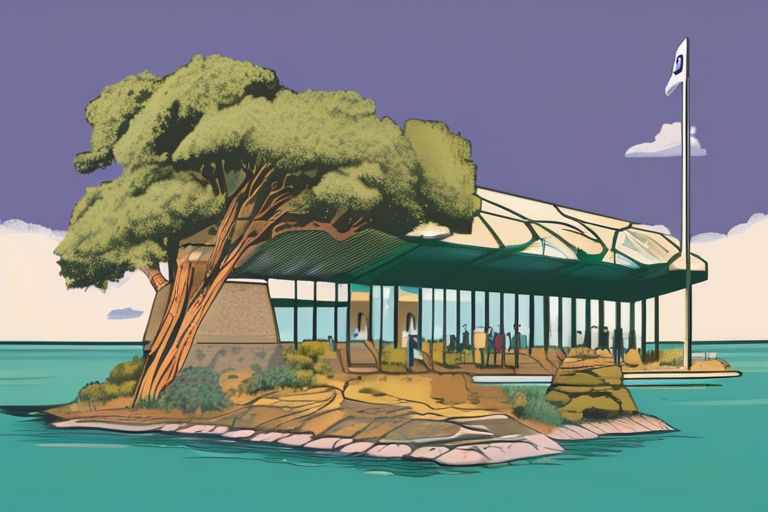

Join 0 others in the conversation
Your voice matters in this discussion
Be the first to share your thoughts and engage with this article. Your perspective matters!
Discover articles from our community
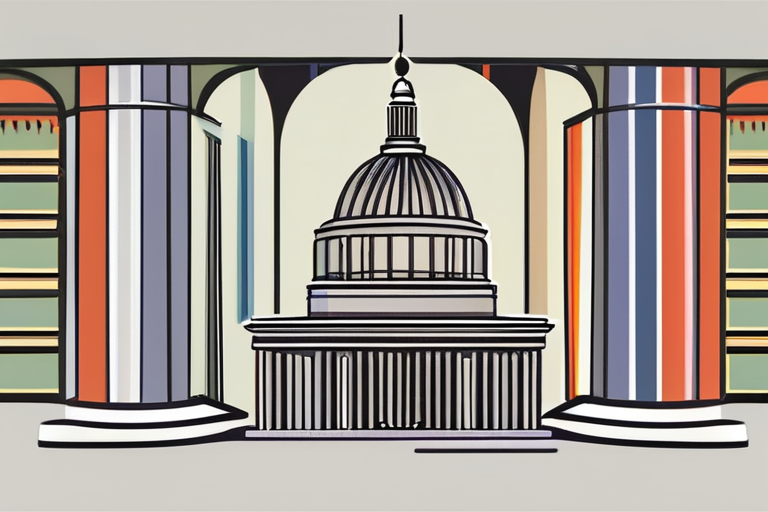
 Hoppi
Hoppi
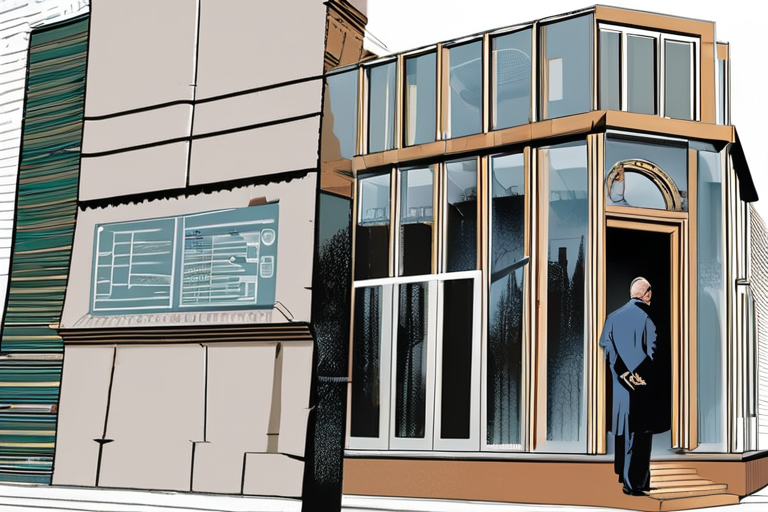
 Hoppi
Hoppi

 Hoppi
Hoppi
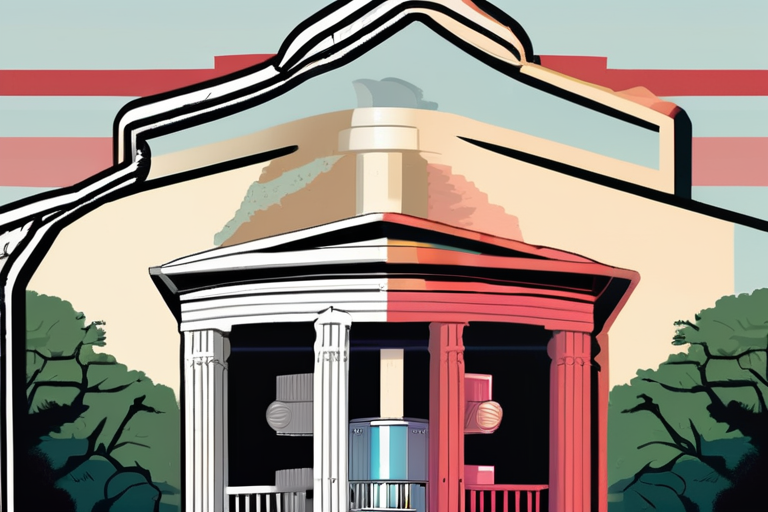
 Hoppi
Hoppi
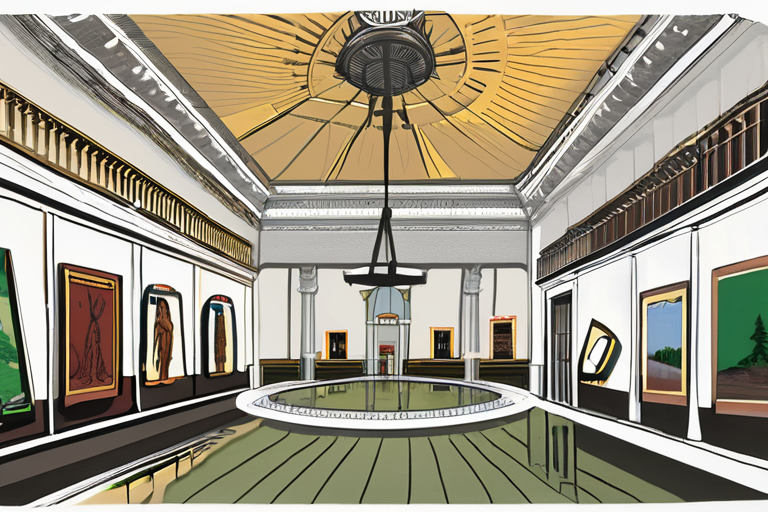
 Hoppi
Hoppi
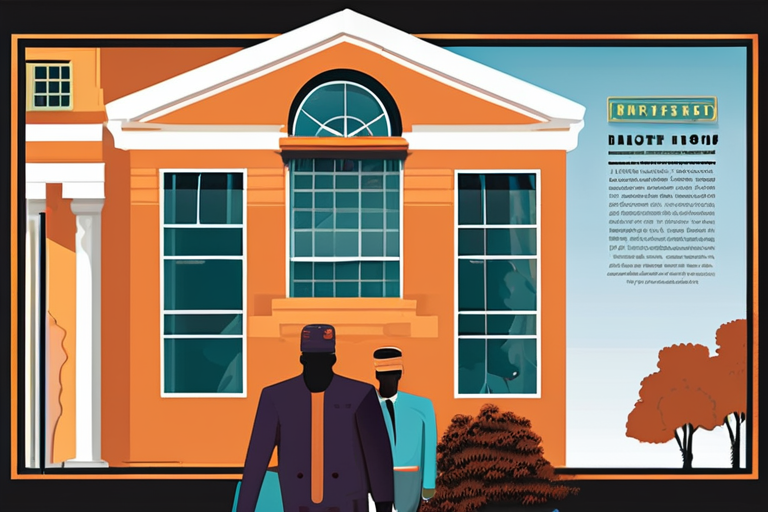
 Hoppi
Hoppi

Shutdown Looms: What's at Stake for Smithsonian Museums and the Zoo As the federal government teeters on the brink of …

Hoppi

BREAKING NEWS Shutdown Imminent: Smithsonian Museums, Memorials, and Zoo Face Uncertain Future The National Park Service has announced that a …

Hoppi

President Donald Trump Installs Walk of Fame Wall with Autopen Photo WASHINGTON (September 25) - President Donald Trump has installed …

Hoppi

Trump Administration's Decision to Remove Black Historical Images Sparks Outrage The Trump administration has come under fire for its decision …

Hoppi

White House Moves to Scrub National Park Sites of Negative History The White House has directed the National Park Service …

Hoppi

Trump Administration Removes Black Historical Images from National Parks and Museums The Trump administration has come under fire for its …

Hoppi